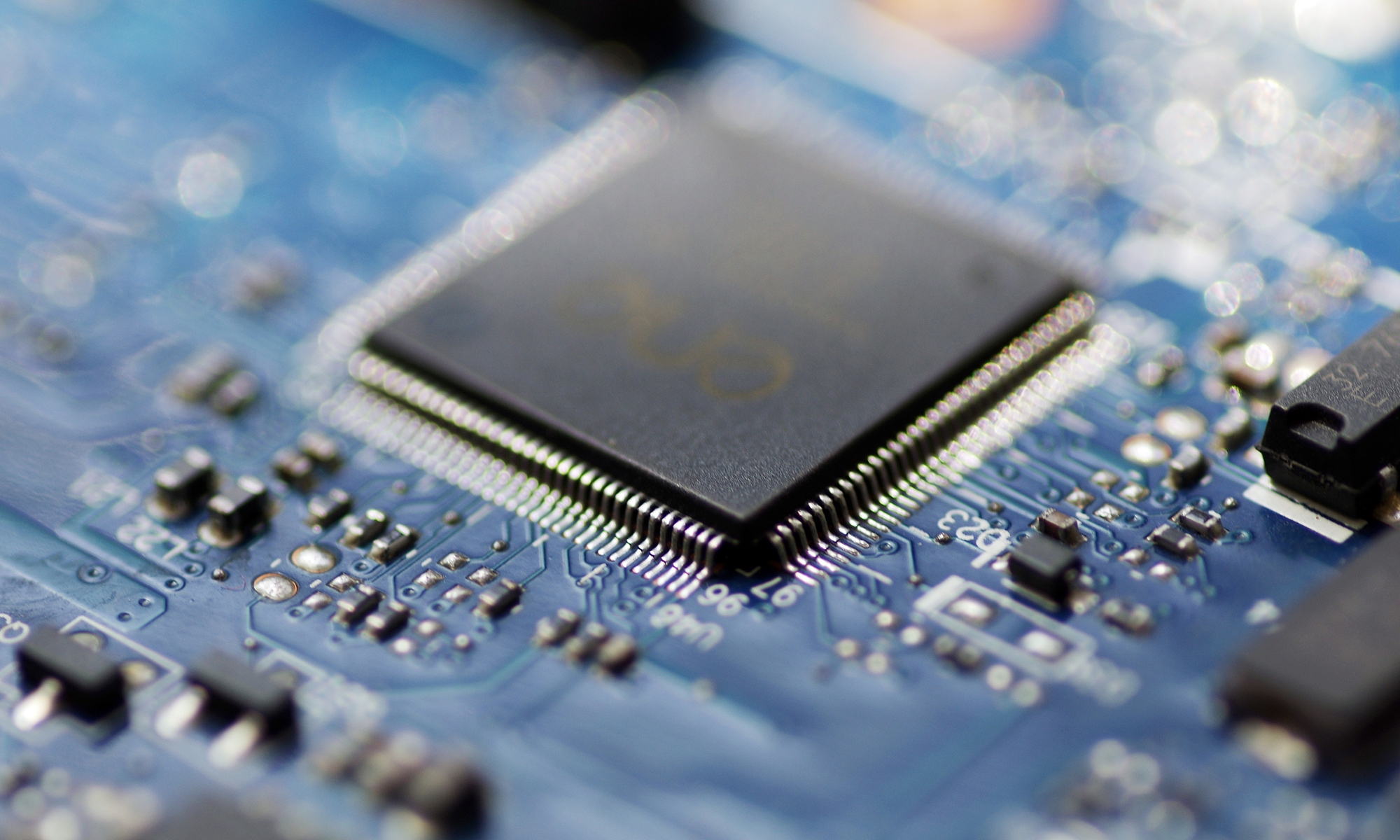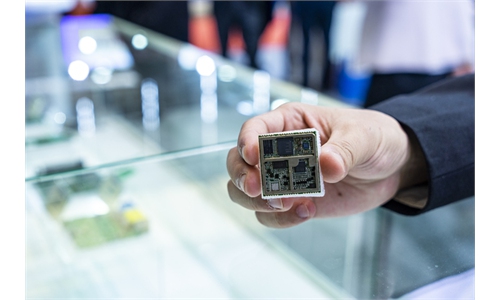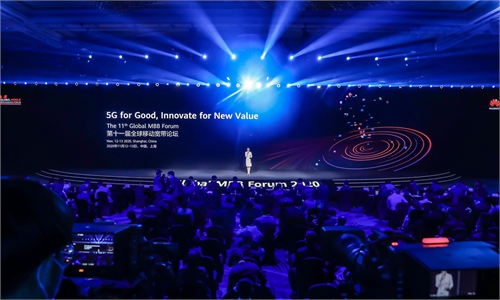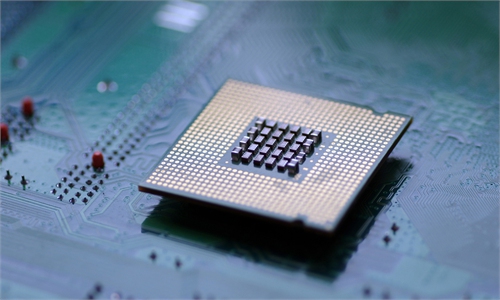SOURCE / INDUSTRIES
US’ crackdown on China’s tech firms in 2020 reinforces need to be self-sustaining
Domestic firms seek in-depth coordination for building brand-new ecosystem

Chip Photo:VCG
In 2020, innovation and technology become the main battleground for the world's two largest economies. The Trump administration has constantly launched chip sales restrictions against Chinese companies, and has put over 100 Chinese tech firms on its Entity List, aiming to contain China's information technology industry development.
Rather than beat China's tech firms, the US' bullying reinforced the need to be self-sustaining and resilient, leading them to accelerate domestic replacements in both hardware and software.
Liu Wenhuan, general manager of Beijing-based UnionTech Software Technology Co, told the Global Times that he saw almost no hope when he engaged in research and development (R&D) of operating systems (OS) in 2008, but nowadays the domestic OS segment has made notable progress and products are increasingly mature.
Currently, the company has released six versions of Linux-based Unity Operating System it developed, accommodating many mainstream input methods, browser and other smart software products. The one-year-old OS has quickly become a major in-house OS as the nation strives for breakthroughs in key technologies to wean itself off dependence on foreign suppliers.
Driven up by the development of China-made OS, shipment of domestically-developed CPU chips skyrocketed in 2020. North China's Tianjin Municipality-based Chinese chip designer Phytium Technology Co announced on Tuesday that the number of chips it delivered this year rising 650 percent year-on-year to 1.5 million units, while revenue growing to 1.3 billion yuan ($199 million) from 210 million yuan, according to media reports.
Zhang Ge, vice president of domestic chipmaker Loongson Technology, told the Global Times that the company's CPU products are meeting demand in key industries including government administration, energy, finance and education. "Following the stage of being usable, Loongson is seeking excellence," Zhang said.
He said that the company plans to release a new generation CPU, whose performance will be greatly improved following an extended period of research and development.
Loongson faces difficulties similar to Huawei in manufacturing, materials and processes, which is a common shortcoming, Zhang said, noting that the company hopes to solve the problem of chip performance by improving its own design capability. He said the company is also considering enhancing its self-sustainability throughout in links including CPU manufacturing, packaging and testing.
Software and hardware manufacturers' growing investment in the segment to boost the establishment of an ecosystem marks the gradual maturity of the information technology industry in China.
Uniontech launched an ecosystem alliance revolving around the major domestic operating system that's envisioned to become the Chinese equivalent of Microsoft Windows, with initial membership covering 30 companies including Huawei Cloud and Loongson.
"The ecosystem represents an industrial system, and the development of information technology sector will surely lead to replacement of system rather than an individual product. Hence, upstream and downstream companies should carry out in-depth coordination," Zhang said.
Industry insiders said that the home-grown OS' market share in China may be less than 3 percent currently, but is expected to see super-fast growth as local companies began to take notice.
Taking Apple Inc's MAC OS for example, Liu said that this system's ecosystem wasn't perfect in the initial stage and therefore many users install Microsoft Windows. "Based on my observation, after MAC OS accounted for market share of 4-5 percent, it saw rapid growth, with many software producers willing to accommodate their products to MAC OS," he said.
Given the crackdown by the US and banned from using Google's Android system, Huawei's self-developed HarmonyOS system has long been in the spotlight.
Domestic news site chinastarmarket.cn reported on Wednesday that more than 100 million devices from over 400 major brands are expected to become the entry point for consumers to experience HarmonyOS in 2021, citing the Huawei Consumer Business Group.
The current systems we use are all Windows, iOS, or Android, and the core intellectual property rights of these systems are not held by China, which is a hidden danger to the development of Chinese society, Wang Chenglu, president of Huawei's consumer software business, told the Global Times in a recent interview.
"In developing HarmonyOS, we not only want to make a competitive product in the market, we're hoping to slowly let the Chinese industry and academia realize that there's a possibility for China to have its own ecosystem for the first time," he said.



